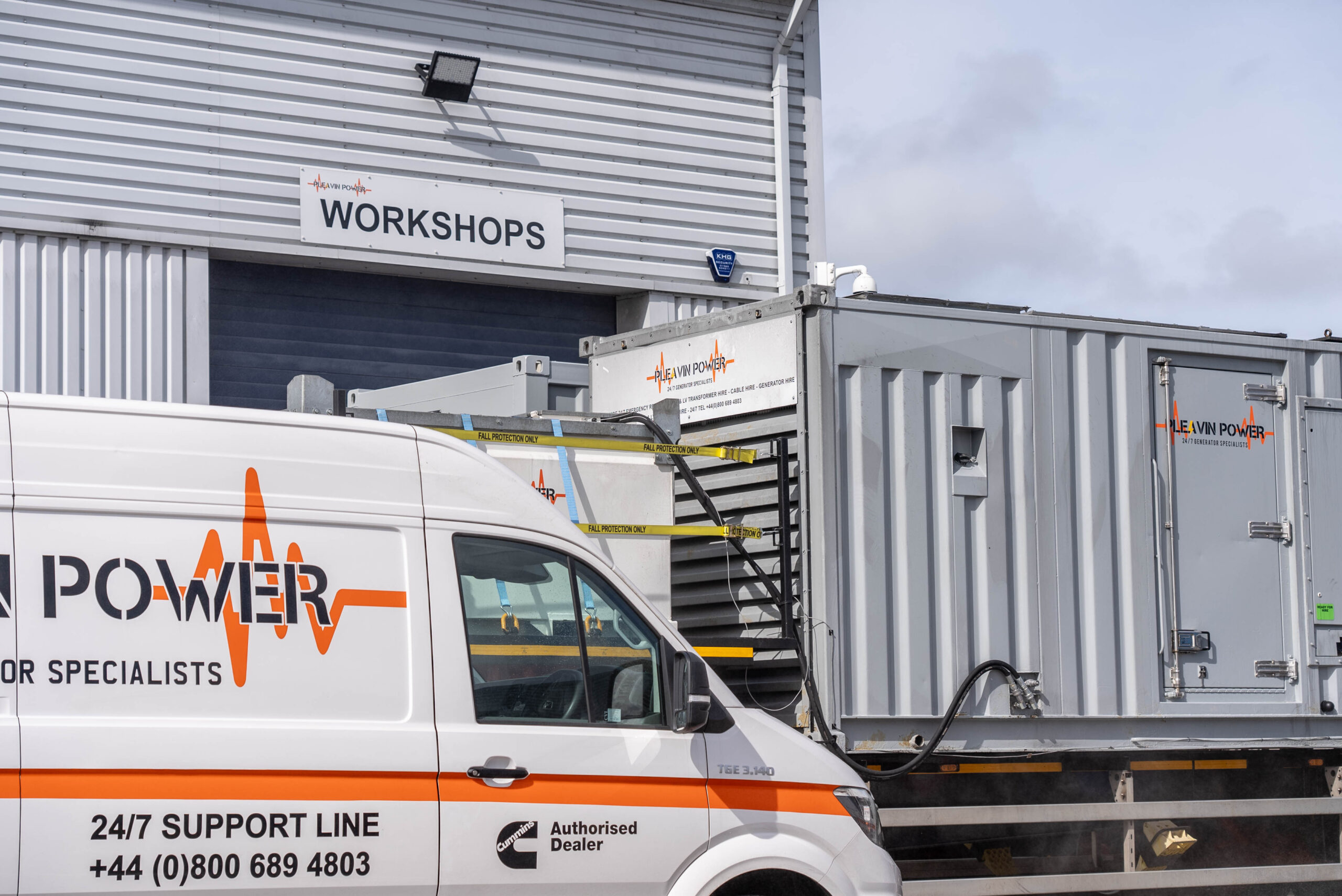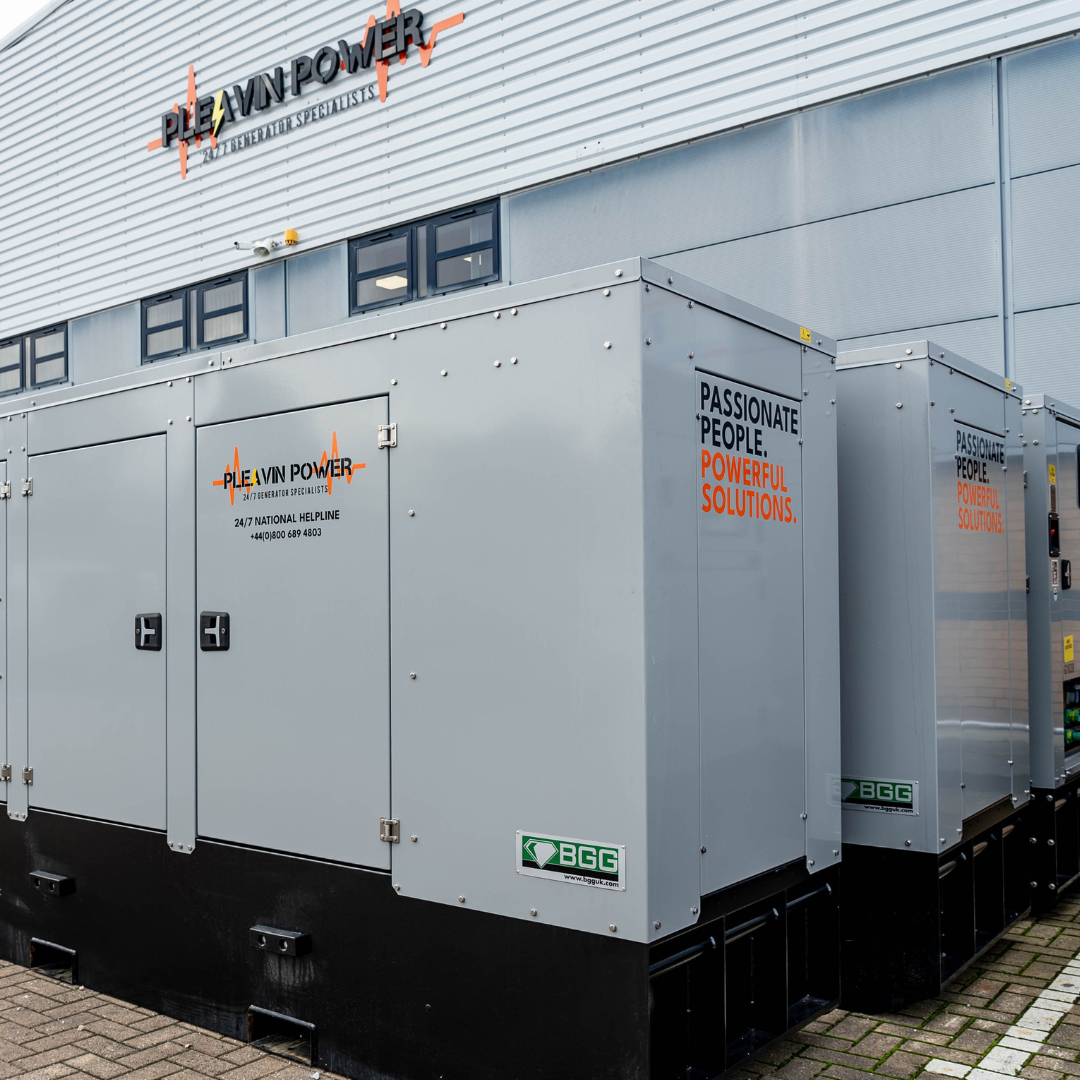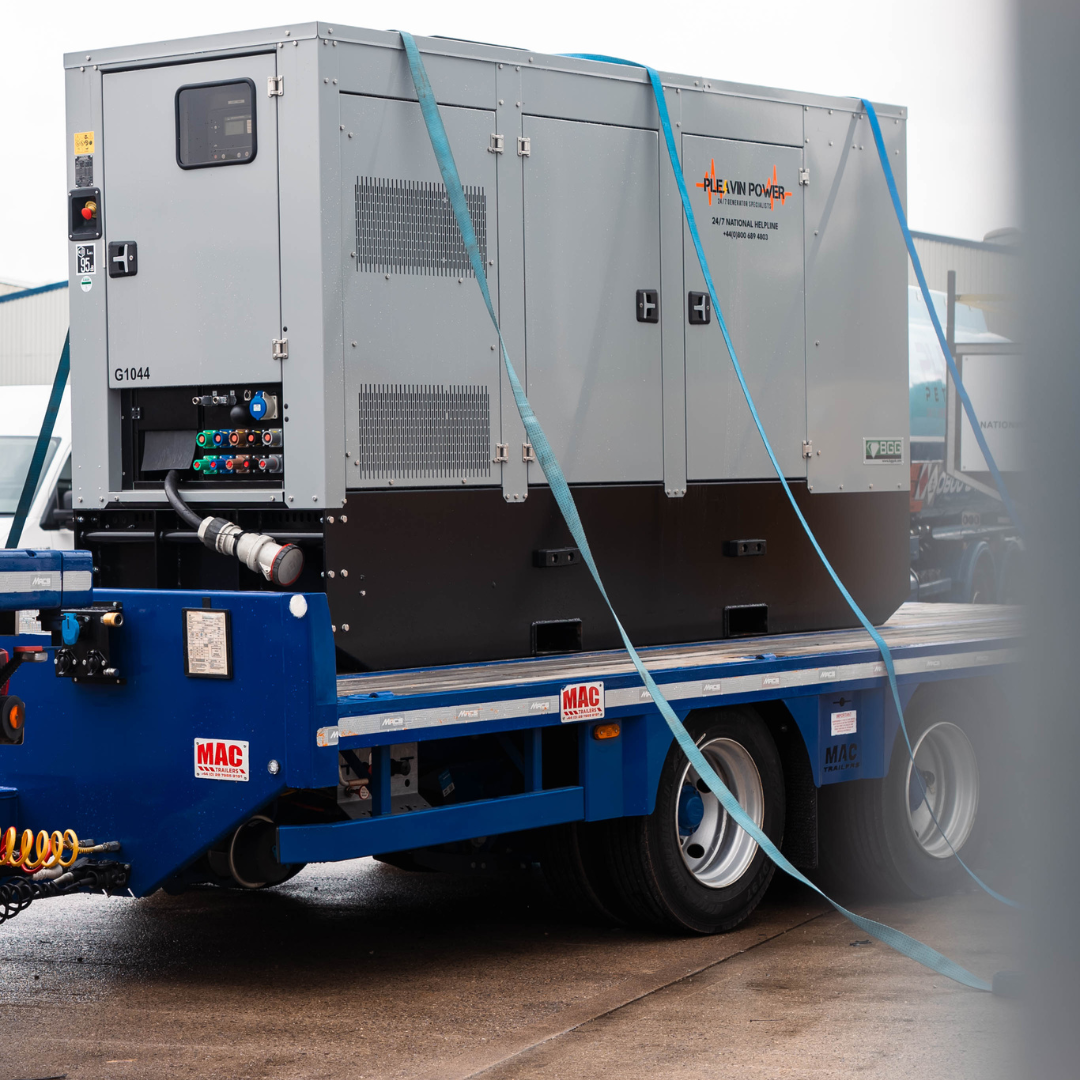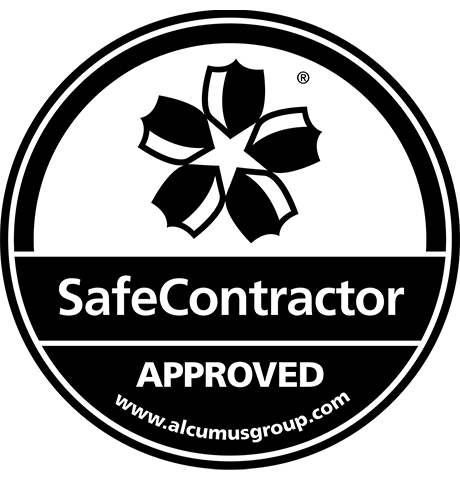Power outages can be disruptive and inconvenient, whether they’re caused by severe weather, equipment failure, or other unforeseen events.
To prepare for these situations, many people and businesses turn to alternative power sources. Two popular choices for backup power are portable power stations and traditional generators. In this blog post, we’ll compare these two options to help you decide which is best for your specific needs.
An Introduction to Portable Power Stations
Portable power stations, also known as solar generators or battery generators, are compact, battery-powered devices designed to provide electricity for various applications. These devices have gained popularity as versatile and eco-friendly backup power solutions.
Portable power stations are typically equipped with lithium-ion or lead-acid batteries that store electrical energy. This stored energy can be used to power various devices and appliances through built-in outlets. Some portable power stations can be recharged using solar panels, making them a sustainable and off-grid power source.
Advantages of Portable Power Stations
Portable power stations are nearly silent and produce no harmful emissions, making them an eco-friendly choice. They are ideal for use in residential areas where noise and air pollution may be a concern.
As the name suggests, these units are designed to be portable. They are compact and lightweight, allowing for easy transportation and setup. Many models even come with built-in handles or wheels for added convenience.
Portable power stations have fewer moving parts than traditional generators, resulting in lower maintenance requirements. You don’t need to worry about oil changes, spark plugs, or carburettor cleaning.
Most portable power stations provide near-instant power when needed, ensuring you can continue running essential devices without interruption. Many portable power stations use inverter technology, which produces clean and stable power, suitable for sensitive electronics and appliances.
Limitations of Portable Power Stations
Portable power stations have a limited capacity when compared to generators. They are best suited for powering small to medium-sized appliances, lighting, and electronic devices. They may not be sufficient for running large appliances or HVAC systems.
The run time of a portable power station depends on the capacity of the battery and the power consumption of the connected devices. While some models can provide power for several hours, others may run out of power much sooner. Recharging a portable power station can take several hours, especially if relying solely on solar panels. In contrast, generators can be refuelled quickly.
Traditional Generators
Traditional generators, also known as standby generators, have been a reliable source of backup power for decades. These machines come in various sizes and types, including portable, standby, and towable models.
Traditional generators use a combustion engine, typically powered by gasoline, diesel, propane, or natural gas, to generate electricity. They operate by converting mechanical energy into electrical energy through an alternator.
Advantages of Traditional Generators
Generators are known for their ability to provide substantial power output. They are capable of running large appliances, HVAC systems, and other high-demand equipment. Many generators can run for extended periods, as long as they have a consistent fuel supply. This makes them suitable for situations where power outages may be prolonged.
Generators can be quickly refuelled, allowing for uninterrupted power during extended power outages. The availability of multiple fuel options provides flexibility.
Generators are available in a range of sizes and types, including portable, standby, and towable models. This variety allows you to choose the one that best suits your needs. If you are unsure about purchasing a generator due to the potential for repairs being needed, read our guide to emergency generator repairs to familiarise yourself with the process.
Limitations of Traditional Generators
Generators are typically noisier and produce emissions due to their internal combustion engines. This can be a concern in residential areas and may not be environmentally friendly. Generators require regular maintenance, including oil changes, spark plug replacement, and carburettor cleaning. Neglecting maintenance can lead to performance issues.
Traditional generators often have a longer start-up time compared to portable power stations. This delay can be inconvenient if immediate power is essential. Generators rely on a steady supply of fuel, and their run time is limited by the fuel capacity. In extended outages, obtaining fuel can become a challenge.
Choosing the Right Backup Power Source
Evaluate your specific power requirements during an outage. If you need to run essential appliances, lighting, and charge electronic devices, a portable power station may suffice. If you require power for larger appliances and HVAC systems, a traditional generator is a better choice.
Consider whether you need a portable or fixed power source. If you need power at different locations or in emergencies, a portable power station is more convenient. If you want a permanent backup for your home or business, a traditional generator is suitable.
Think about your location and the environmental impact of your backup power source. If noise and emissions are concerns, a portable power station is the cleaner and quieter option.
Consider your willingness and ability to perform regular maintenance. If you prefer a low-maintenance option, a portable power station requires minimal upkeep. Determine how long you anticipate power outages to last. If you expect extended outages, a traditional generator with longer run times may be more practical.
Compare the initial investment and long-term costs of both options. Portable power stations generally have a lower upfront cost, while traditional generators may have higher maintenance and fuel costs.
Consider the availability of fuel in your area. In regions with limited fuel access, a portable power station that can be recharged via solar panels may be a better choice. If you are in the market for a new generator unit, then please do not hesitate to get in touch with our team to receive the advice you need.
Power Stations vs Traditional Generators
The choice between a portable power station and a traditional generator depends on your specific power needs, location, maintenance preferences, and budget.
Each option has its advantages and limitations. Portable power stations are clean, quiet, and low-maintenance, making them suitable for small to medium power needs.
Traditional generators offer higher power output and extended run times, making them ideal for larger power requirements. By carefully assessing your needs and priorities, you can make an informed decision to ensure reliable backup power during outages or emergencies.
At Pleavin Power, we have supplied a number of people across the UK with excellently conditioned generators for hire over several years which has allowed people to solve their power supply issues for the foreseeable future. No matter which of the units you choose from our stock, you can rest assured that it will carry out its intended purpose with ease.














